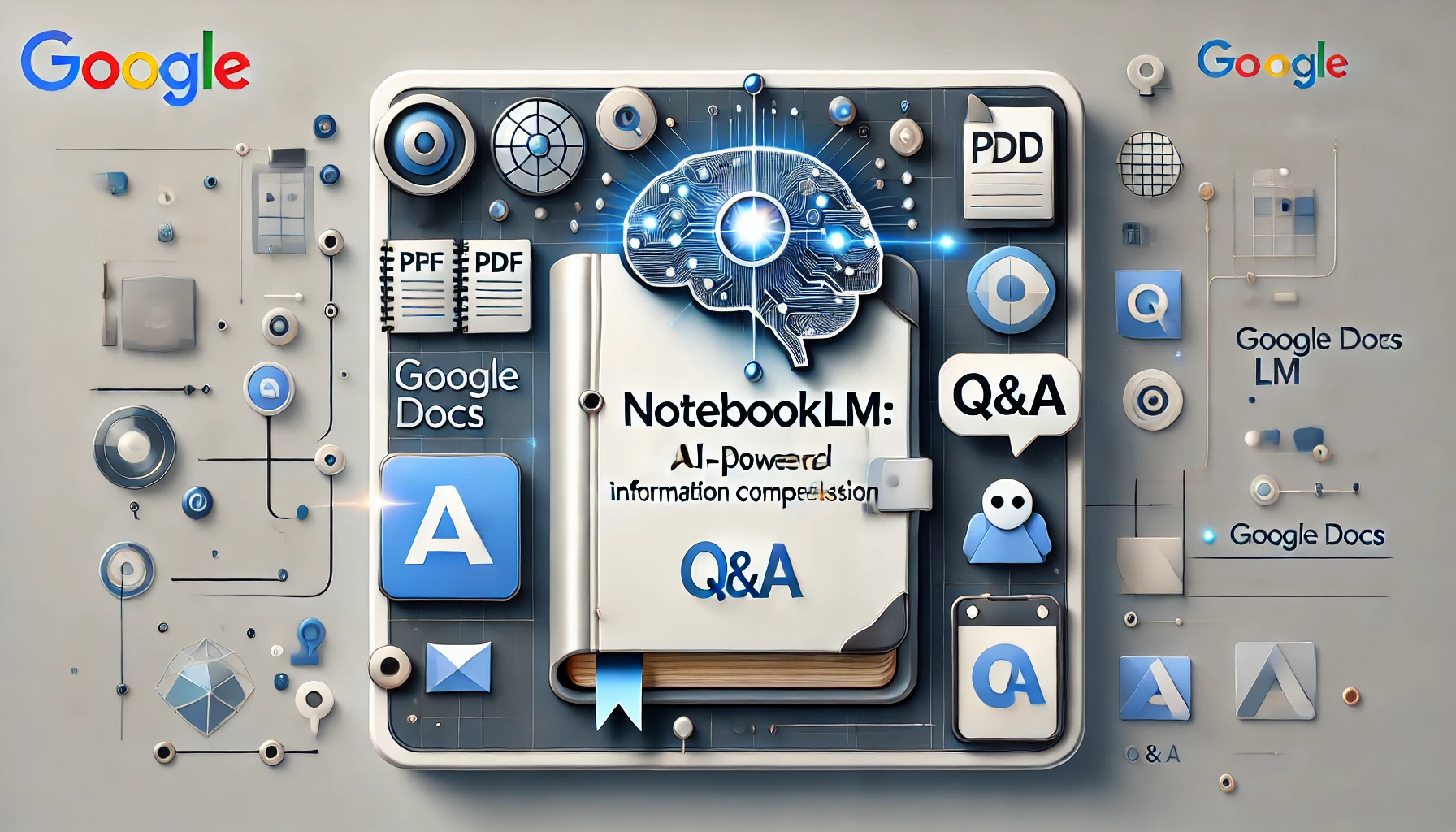Search GPT vs. Google Search: A Comprehensive Comparison
FREEIntroduction
In the rapidly evolving landscape of information retrieval, two giants have emerged to dominate the discussion: Search GPT, powered by generative AI, and the longstanding Google Search, a leader in traditional search engine technology. While both tools aim to provide users with the information they seek, they operate fundamentally differently, each offering unique advantages and drawbacks.
This article explores the pros and cons of Search GPT and Google Search, along with the potentialities each unlocks for users.
What is Search GPT?
Search GPT refers to AI-powered search systems like OpenAI’s GPT-4, tailored to respond to user queries with natural language generation. Rather than simply pointing users to websites, Search GPT provides direct answers, explanations, and conversational insights based on its training data.
How It Works:
- Processes user input with natural language understanding.
- Generates detailed responses, often synthesizing multiple perspectives.
- Operates without real-time access to the web (unless explicitly connected).
What is Google Search?
Google Search is a traditional search engine that indexes the web, categorizing and ranking billions of web pages to provide the most relevant results for user queries. Over the years, Google has integrated features like snippets, structured answers, and AI tools to enhance its search experience.
How It Works:
- Uses algorithms to crawl and index the web.
- Provides ranked lists of links to relevant content.
- Offers features like maps, images, videos, and real-time updates.
Pros and Cons of Search GPT
Pros:
- Direct Answers: Provides detailed, conversational responses without requiring users to click multiple links.
- Customizable Output: Users can refine or follow up queries for deeper understanding.
- Saves Time: Summarizes information, eliminating the need to sift through multiple sources.
- Contextual Understanding: Handles complex or multi-layered questions effectively.
Cons:
- Accuracy Limitations: Responses are limited to the AI’s training data, which may be outdated or lack real-time updates.
- No Source Linking: Often fails to provide links to original sources, making fact-checking difficult.
- Overconfidence: Can generate plausible-sounding but incorrect or misleading information.
- Limited Specialization: Struggles with niche or highly technical queries requiring recent data.
Pros and Cons of Google Search
Pros:
- Real-Time Updates: Accesses the latest information, news, and live events.
- Source Variety: Offers a wide array of perspectives through links to multiple sources.
- Specialized Tools: Features like maps, shopping, and news aggregators add utility.
- User Trust: Provides verified information through ranking algorithms and structured data.
Cons:
- Overwhelming Results: Users often face an overload of information, requiring significant effort to filter.
- Ads and SEO Bias: Paid placements and SEO-optimized content can skew results.
- Limited Context Understanding: Struggles with conversational or highly nuanced queries.
- Time-Consuming: Users need to navigate multiple links to find complete answers.
Potentialities Enabled by Search GPT
- Conversational Interfaces: Enables a more human-like interaction, which is ideal for education, brainstorming, and support tasks.
- Complex Query Handling: Excels at addressing layered or open-ended questions.
- Content Creation: Assists in generating summaries, outlines, or even creative pieces.
- Personalization: Potential for adaptive responses tailored to user preferences.
Potentialities Enabled by Google Search
- Real-Time Relevance: Provides up-to-date information, making it ideal for news, events, or evolving topics.
- Deep Research: Access to academic papers, niche websites, and diverse opinions.
- Interconnected Tools: Seamless integration with maps, images, and local business information.
- Transparency: Offers the ability to cross-check multiple sources for accuracy.
When to Use Search GPT vs. Google Search
Use Search GPT When:
- You need a detailed explanation or summary of a topic.
- You’re brainstorming or seeking creative ideas.
- You prefer conversational and interactive responses.
- Time efficiency matters more than real-time accuracy.
Use Google Search When:
- You need real-time information (e.g., news, live scores).
- You require access to original sources or multiple perspectives.
- You’re searching for specialized tools like maps or e-commerce results.
- Accuracy and fact-checking are paramount.
Conclusion
Both Search GPT and Google Search offer powerful tools for retrieving information, but they cater to different needs. Search GPT shines in providing direct, conversational answers, making it perfect for brainstorming, learning, and quick overviews. Meanwhile, Google Search remains unmatched in delivering real-time updates, diverse perspectives, and access to the vast resources of the web.
Understanding the strengths and limitations of each helps users choose the right tool for their specific needs, paving the way for a more efficient and informed search experience.




